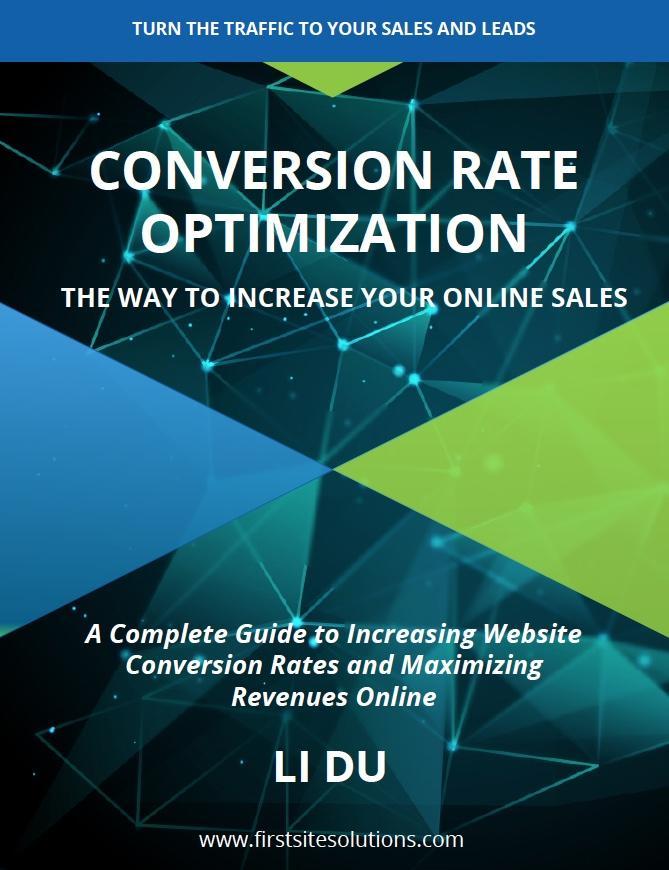
- 5 D2C Brands to Keep an Eye On In 2020 According to Branding Experts
- 5 Examples of D2C Brands Doing It Right (And What You Can Learn From Them)
- Branding Experts Say That These 5 D2C Brands Are Killing It
What You Can Learn From These 5 D2C Brands
Is D2C the future of B2C? Well, there’s no doubt that direct to consumer (D2C) brands are gaining in popularity.
The number of businesses that manufacture, market, sell, and ship their own products is rising fast. Seeing as how a D2C business model brings benefits to both companies and consumers, that’s not so surprising.
For businesses, going directly to customers cuts out the middleman, raises profit margins, and provides the opportunity to own the customer experience completely. When you’re in control of the entire marketing and sales process, you don’t have to rely on a retailer to protect and promote your brand. This also allows the feedback loop to become a lot smaller. If there are any issues with your product or service, you’ll be the first one to hear about it — directly from your customers.
For consumers, the increased convenience, lower cost, and seamless shopping experience are all part of what makes a D2C brand stand out from a traditional shopping experience.
With most consumers stuck at home for the time being, we’re seeing a significant surge in online shopping. This shift in consumer habits is unlikely to fade in the near future, even once brick-and-mortar stores are able to reopen.
So, logic entails that this accelerated trend should lead to a boom in sales for e-commerce brands across the board, right?
Not necessarily.
While the percentage of consumers who shop online is likely to keep rising, not all e-commerce stores are going to see the same jump in revenue. Going direct to consumers is not a magic bullet for growing a successful business.
So, what are the top-performing D2C brands doing differently? To better understand what distinguishes a successful D2C company from one that is destined to fail, we asked five branding experts to share their favorite D2C brands of the moment.
Here’s a quick look at the brands they picked and what other D2C brands can learn from them.
5 D2C Brands to Keep An Eye On In 2020, According to the Experts
1. Deciem: A Little Honesty Can Go A Long Way
Jovan Milenkovic, co-founder of KommandoTech, is a big fan of the D2C business model. He’s especially impressed with D2C beauty company Deciem and their skincare collection, “The Ordinary.”

Instead of promising to “fix” your skin problems, Deciem focuses on educating consumers about the chemistry and effects of common skincare ingredients while keeping products affordable.

With most of their line priced at under $10, Deciem proves that expensive products aren’t necessarily better for your skin. In fact, Deciem’s CEO Nicola Kilner likes to compare skincare products to everyday essential healthcare items, like aspirin.
Milenkovic says this kind of transparency is refreshing.
“I admire the loyalty [they have] among [their] consumers — it seems that people were starving for another kind of approach when it comes to marketing,” he says. “Instead of selling dreams of eternal youth, the brand was simply caring for the skin and providing desired effects in science terms.”
And he’s right: 94% of consumers say they’d be more loyal to a brand that offers complete transparency. The takeaway? Consumers appreciate honesty. You’re better off investing in PR and direct communication than flashy marketing gimmicks.
2. Tommy John: Niche Is Better than Broad
Lisa S. Goolsby from Impact Strategic Marketing Insights believes the most successful D2C companies operate within a niche. She points to Tommy John, an underwear company, as a prime example of a niche product done right.
“Tommy John has really comfortable and also very stylish underwear,” she says. “I was sold when I saw a man who literally cares nothing about what he wears spend a considerable amount [of money] on new Tommy John underwear. He only needed to try the product and he was sold.”

The message here is clear. Brands need to find what they’re good at and then excel at that one thing. As the marketing adage goes, if you try to cater to everyone, you’ll end up serving no one.
Being seen by consumers as an expert in one small area can be more valuable for growing brands than being a tiny player in a massive field.
3. The North Face: Adapt but Don’t Lose Integrity
Cassandra Wilson, digital marketing associate at Can I Rank, says that lately, she’s been very interested in older brands that have managed to stay relevant. That’s why her favorite brand of 2020 is outdoor recreation giant, The North Face.
Founded more than 50 years ago and today ubiquitous with high-end activewear and sports gear, The North Face is the definition of an established brand. Yet it’s constantly evolving.
For example, now that outdoor enthusiasts are becoming more concerned with their carbon footprint, The North Face has started offering clothing made from recycled material.

However, adapting to consumer demands won’t save you if you don’t genuinely care about your customers. Wilson is adamant that brand integrity is the key to success — and integrity is something that The North Face embodies.
Not only does the brand boast “a lifetime guarantee on many of their products and their products are built to last,” but “unlike some retailers, it's easy to get in touch with The North Face,” says Wilson. “All of the information you'll ever need is readily available on their website.”
Customers can be fickle. If you don't nurture their loyalty, chances are that you’ll never hear from them again. Rather than just getting them to enter their credit card information on your website and hoping they’ll come back for future purchases, make an effort to build a relationship. Invite customers to interact with your brand, listen and respond to their suggestions and complaints, and adapt to their changing needs.
By showing customers that you stand by your products and are willing to listen to feedback, you can create lifelong brand loyalty.
4. Chick-fil-A: Be Everywhere Your Customers Are
According to Matt Seltzer of S2 Research, one D2C company that is doing really well right now is Chick-fil-A. The fast-food company has invested heavily in social media branding and has committed to posting high-quality content that targets niche audiences.
Chick-fil-A has become the top favorite American brand. It ranked as No.1 on three major social media platforms: Facebook, Instagram, and Twitter, ahead of Amazon and Netflix.
For instance, Seltzer says, “I get a lot of invites [and] targeted posts about local fundraisers, events (my daughters and I regularly go to their Daddy/Daughter dances) and general feel-good stuff about people in my community.”
Rather than always posting about their food, Chick-fil-A uses social media to invest in building a community around their brand — and that’s a powerful way to stay top-of-mind.

“I'm not always going to be in the mood to buy a chicken sandwich,” Seltzer says. “The job of branding isn't necessarily to persuade me one way or another, but to make sure that when I am in chicken-sandwich-mode, I think of Chick-fil-A.”
Align your values with the values of your target audience and meet your customers where they are. That way, your brand can stay relevant and on your customers’ radar, even when they’re not looking to make a purchase. And when they are ready to buy, you’ll be the first place they visit.
5. Kylie Cosmetics: Build a Lasting Emotional Connection
One way that D2C brands can stand out from the crowd is by creating a personal connection with their customers, says Stacy Caprio, founder of Growth Marketing. Not sure how to do that? Take inspiration from Kylie Cosmetics, Caprio’s favorite D2C brand.
“I like that her personal image and company image are one and the same,” says Caprio. “[That’s] something I think is becoming rare these days, especially in larger companies. It gives her brand a personal touch, and I think that is one reason her customers feel included in all parts of the process and keep coming back.”
Sure, building and maintaining a genuine personal connection with customers takes time and patience — but it’s well worth the effort.
According to one study, consumers that share an emotional connection with a brand have a 306% higher lifetime value than those who don’t. They’re also typically more willing to recommend the brand to others (71% vs. 45%) and are more likely to stay loyal to the brand for longer (5 years vs. 3 years).
The bottom line here is that consumers want to know that you’re human. Consider giving your customers a peek behind the curtain, just like Kylie does with her behind-the-scenes Instagram Stories. That way, they’ll feel more connected to your brand.
D2C Is the Future of Commerce
Now that many physical stores are closed, the rate at which consumers are shifting to online purchases is growing exponentially. While we won’t all be stuck at home forever, the growing popularity of online shopping is here to stay.
Now’s your chance to show customers that buying online from D2C brands is easier and more convenient than visiting traditional in-store retailers. By providing a seamless, high-quality D2C experience, you can win over customers who wouldn’t normally consider buying meal kits, household items, or other products from an e-commerce store.
As a D2C brand, you’re well-positioned to benefit from an increase in online shopping. Ready to seize the moment? Start with some inspiration from the five D2C brands above.












